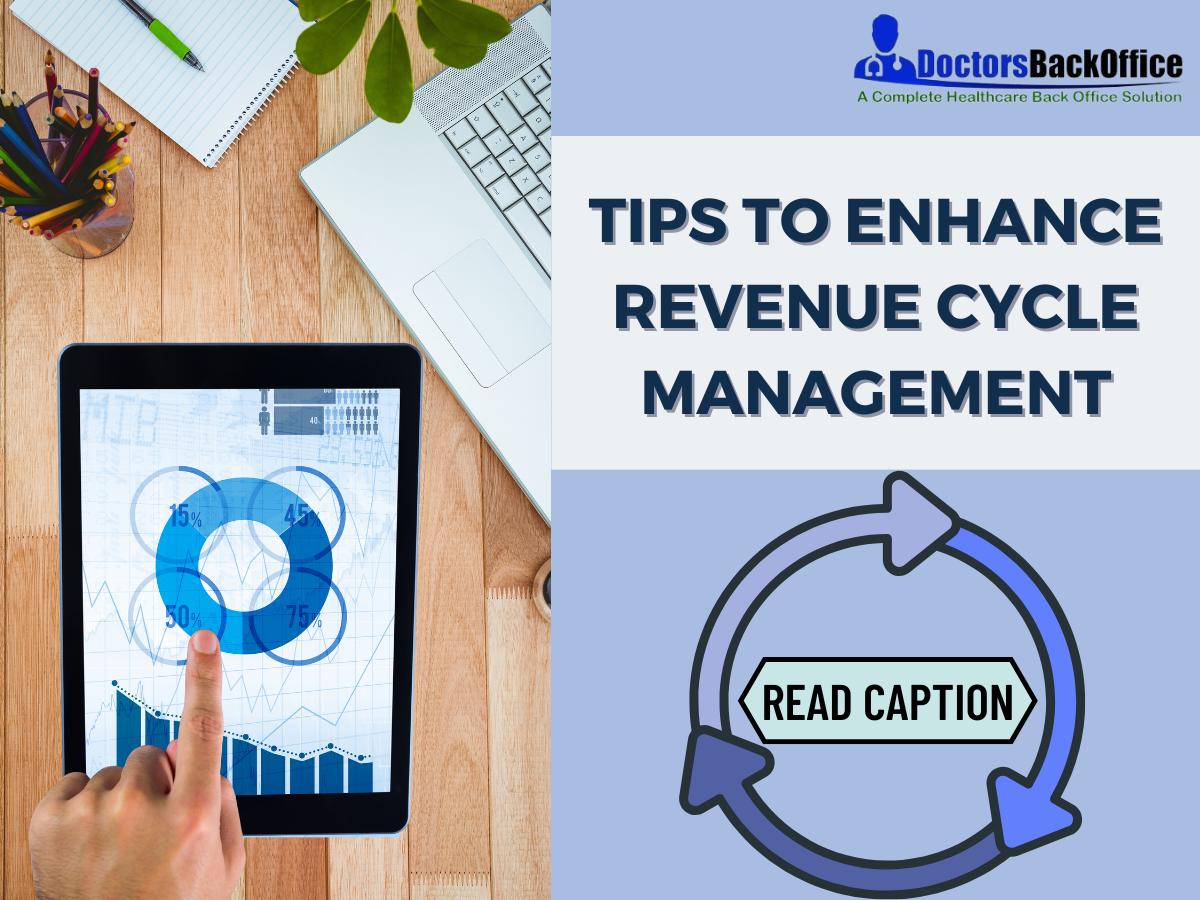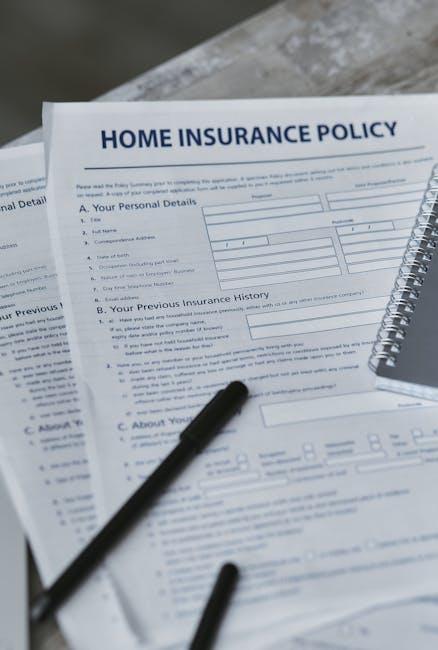Navigating the complex landscape of insurance claims can often feel daunting, particularly when faced with the unexpected hurdle of a denial. Whether it’s health, auto, home, or any other type of insurance, a rejected claim can disrupt your financial stability and peace of mind. Understanding why claims are denied and knowing the steps to take in response is crucial for protecting your interests and ensuring you receive the coverage you deserve. This article provides a comprehensive guide on what to do if your insurance claim is denied, equipping you with the knowledge and strategies necessary to effectively challenge a denial and secure a favorable outcome. With authoritative insights and actionable advice, we aim to empower you to navigate this often frustrating process with confidence and clarity.
Understanding the Reasons Behind Your Claim Denial
When faced with a denied insurance claim, the first step is to thoroughly understand the underlying reasons for the denial. This insight will empower you to take informed action. Here are some common reasons why claims might be rejected:
- Incomplete Documentation: Missing paperwork or insufficient details can lead to a claim denial. Double-check that all required documents are submitted and properly filled out.
- Policy Exclusions: Your policy might have specific exclusions that prevent coverage for certain types of claims. Review your policy’s fine print to identify any such exclusions.
- Missed Deadlines: Insurance companies often have strict timelines for filing claims. Ensure that you adhere to these deadlines to avoid unnecessary denials.
- Coverage Limits: Claims that exceed your policy’s coverage limits are likely to be denied. Familiarize yourself with these limits to manage expectations.
Addressing these issues proactively can often prevent denials from occurring in the first place. However, if your claim has already been denied, understanding these reasons will help you craft a more compelling appeal or seek alternative solutions.

Gathering and Organizing Essential Documentation
When facing a denied insurance claim, the first step is to meticulously gather and organize all relevant documentation. This serves as the foundation of your appeal. Start by compiling the original policy documents and any correspondence you’ve had with the insurance company. Make sure to include emails, letters, and claims forms. Having these documents easily accessible will provide clarity on the terms and conditions, helping you identify any discrepancies or areas of misunderstanding.
Next, assemble evidence that supports your claim. This might include:
- Photographs of the damage or incident.
- Receipts or invoices for related expenses.
- Medical records or reports if the claim involves health-related issues.
- Witness statements or affidavits that corroborate your account.
Ensure each document is clearly labeled and organized chronologically. This meticulous organization will not only streamline your appeal process but also demonstrate to the insurer that you are prepared and serious about your case. Consider using a digital document management system to keep everything in one place and facilitate easy sharing when necessary.

Communicating Effectively with Your Insurance Provider
When faced with a denied insurance claim, clear and effective communication with your insurance provider becomes crucial. Start by reviewing the denial letter carefully to understand the specific reasons for the denial. This will provide a foundation for any further discussion or appeal. Contact your insurance provider’s customer service and request a detailed explanation if anything is unclear. Always maintain a record of all communications, including dates, times, and the names of representatives you speak with.
- Prepare your documents: Gather all relevant documentation such as medical records, receipts, and correspondence related to your claim.
- Ask for clarity: Politely request clarification on any policy language or terms that are not clear.
- Remain calm and professional: Keep your tone professional, as this encourages a more productive dialogue.
- Consider escalating the issue: If the initial communication does not resolve your concerns, ask to speak with a supervisor or a claims manager.
Adopting a systematic approach and maintaining a professional demeanor can significantly increase the likelihood of a favorable outcome. If necessary, seek assistance from a legal or insurance professional to help navigate complex policy terms or appeal processes.

Exploring Alternative Dispute Resolution Options
When faced with a denied insurance claim, it’s important to remember that litigation isn’t your only option. Alternative Dispute Resolution (ADR) can be a cost-effective and quicker way to resolve your issue. ADR encompasses various methods, such as:
- Mediation: This involves a neutral third party who helps both parties reach a mutually acceptable agreement. It’s a collaborative process that encourages open communication and can preserve relationships.
- Arbitration: In this scenario, an arbitrator hears both sides and makes a binding decision. While it is more formal than mediation, it is typically less adversarial and time-consuming than going to court.
- Negotiation: Sometimes, simply reopening discussions with your insurer can lead to a resolution. This direct dialogue can help clarify misunderstandings and present new evidence.
Each of these options offers a unique approach to resolving disputes without the need for prolonged legal battles. Carefully evaluate which method aligns best with your situation and consider consulting with a legal expert to guide you through the process.

